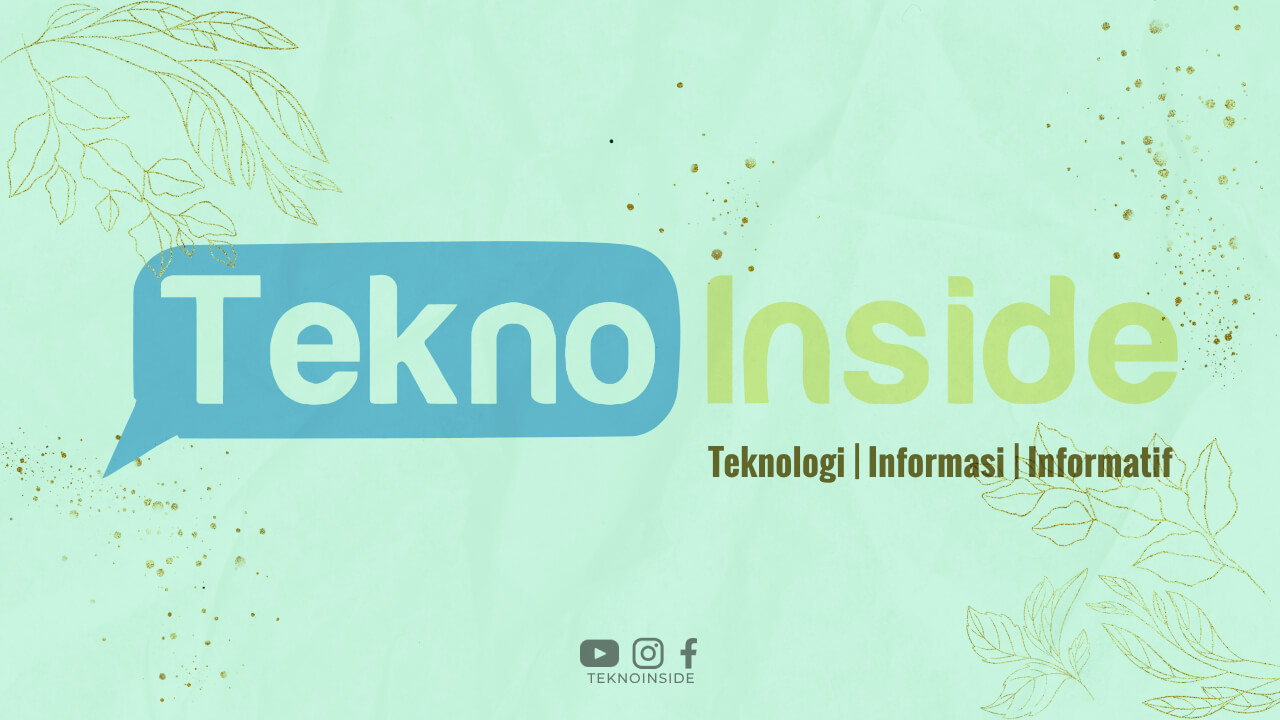Internet marketing, also known as online marketing or digital marketing, is the process of promoting products, services, or brands using the internet. It encompasses a wide range of strategies and techniques to reach a target audience and drive conversions. In this article, we will explore the fundamentals of internet marketing and how it works.
Understanding Internet Marketing
Internet marketing involves various components, including search engine optimization (SEO), content marketing, social media marketing, email marketing, and paid advertising. These strategies work together to increase brand visibility, attract website traffic, and generate leads or sales.
Search Engine Optimization (SEO)
SEO plays a crucial role in internet marketing. It focuses on optimizing a website’s visibility and ranking in search engine results. By utilizing relevant keywords, creating high-quality content, and building backlinks, websites can improve their organic search rankings and attract more targeted traffic.
Content Marketing
Content marketing involves creating and sharing valuable, relevant, and informative content to attract and engage a target audience. This content can take various forms, such as blog posts, articles, videos, infographics, and eBooks. By providing valuable information, businesses can establish themselves as industry authorities and build trust with their audience.
Social Media Marketing
Social media marketing utilizes various social media platforms to promote products or services. It involves creating engaging content, interacting with users, and running targeted advertising campaigns. Social media platforms like Facebook, Instagram, Twitter, and LinkedIn provide businesses with an opportunity to reach a vast audience and build brand awareness.
Email Marketing
Email marketing involves sending targeted emails to a specific group of individuals who have opted in to receive communications from a business. This strategy is effective for nurturing leads, building relationships with customers, and promoting products or services. By personalizing emails and providing valuable content, businesses can increase open rates and drive conversions.
Paid Advertising
Paid advertising, also known as pay-per-click (PPC) advertising, allows businesses to display their ads on search engines or other websites and pay only when users click on their ads. Platforms like Google Ads and social media advertising platforms provide businesses with the ability to target specific demographics, interests, and behaviors, ensuring their ads reach the right audience.
Combining Strategies for Success
While each internet marketing strategy has its own benefits, combining multiple strategies can yield even better results. For example, a business can create high-quality content optimized for SEO, promote it through social media channels, and drive traffic to their website using paid advertising.
By analyzing data and measuring results, businesses can continuously optimize their internet marketing efforts to achieve the best possible outcomes. This may involve adjusting keywords, refining target audiences, or experimenting with different advertising formats.
Conclusion
Internet marketing is a dynamic and ever-evolving field that requires businesses to stay up-to-date with the latest trends and strategies. By leveraging SEO, content marketing, social media marketing, email marketing, and paid advertising, businesses can increase their online visibility, attract their target audience, and drive conversions. The key to success lies in understanding the target audience, creating valuable content, and adapting strategies based on data and analytics.

